

While the holiday season is a blessed time to enjoy with family and friends, for some it can be overwhelming. Children with emotional regulation, social communication and unusually sensitive sensory systems such as children with autism can find maintaining ties with family and visiting loved ones stressful. In the spirit of enjoying a happy 'Id Al-Fitr, Dr. Amel Hussein Alawami shares tips to help parents of children with autism during this time.
Make only necessary visits and keep them short to prevent your child from developing unwanted behaviors. It is best to spread visits over the three days of 'Id so that your child is not overwhelmed on the first day.
The lack of sleep and the changes in sleep pattern after the month of Ramadan increases the likelihood of unwanted behaviors. Try to ensure your child gets some rest before Eid visits and celebrations. Allow them to nap and rest for an hour or two especially if their sleep has been disturbed.
When choosing Eid clothes, try to avoid styles, materials, or colors that may increase your child’s sensory difficulties. Let your child get used to the new outfit by practicing wearing it beforehand. Your child does not need to wear Eid clothes all day as they can be impractical and restrictive. Celebrate at the beginning of the day and then change into more comfortable clothes later.
You need to pay attention to the amount of sugar children consume as it can lead to mood swings, making it difficult to manage your child's energy and emotions. Serve your child a protein-rich meal before visits to reduce hunger and the desire for sweets. And remember to bring a few healthy snacks with you.
It is important to prepare your child for what is to come. Tell them whom they will meet if you plan to visit someone, show them pictures of the houses and the people they will meet, teach them some greetings and responses, read with them about Eid, and discuss the behaviors expected of them, such as asking for permission and speaking calmly. Reinforce these positive behaviors and maintain active communication with your child by reminding them of the agreed-upon rules and the consequences of not following instructions.
Make sure your child tells you when they feel tired and want to leave, so they do not resort to unwanted behaviors. Keep your visit short and avoid sitting for long periods to avoid unacceptable behavior. Watch your child’s nonverbal cues and be aware of changes in behavior. Be prepared to leave the house at any time.
During Eid, children should play active games in the garden, backyard, or farm under adults’ supervision to ensure the safety of the group. You can create a program for children with organized, dynamic, fun group activities and prizes where all participants are winners to avoid competition, keep them occupied and limit undesirable behaviors. Allow your child to carry a favorite toy or a blanket to feel safe and regulate their emotions when needed.
It’s okay for kids to spend some time on screens doing fun activities like playing video games, but try to limit the daily screen time to 3-4 hours a day. If you want to completely avoid electronic devices, you need to find alternative activities, such as playing cards, Uno, Monopoly, Carrom, or other fun group activities.
The abundance of sensory stimuli and the high energy present in the Eid atmosphere can cause some children to lose their emotional balance and the ability to control their reactions. To support your child:
A critical part of parenting is overlooking behaviors that are not dangerous to self or others. It is okay to be lenient on some things during 'Iid. Also, please remember to always praise the child's desired behavior to encourage them to continue positive behavior even when it is not 'Id.
We all need to spend quality time with family members, and there is nothing more blessing than strengthening our family ties during 'Id.
__PRESENT
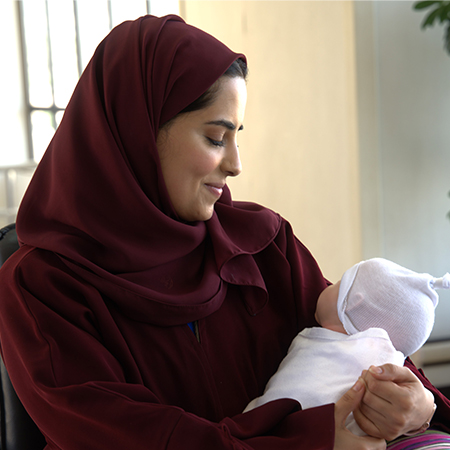
JHAH joins the World Alliance for Breastfeeding Action and the MOH in supporting World Breastfeeding Week

A good night’s sleep can help repair damaged heart and blood vessels. We have simple tips to help you sleep better

The good, and bad news about breast cancer – and how to fight it
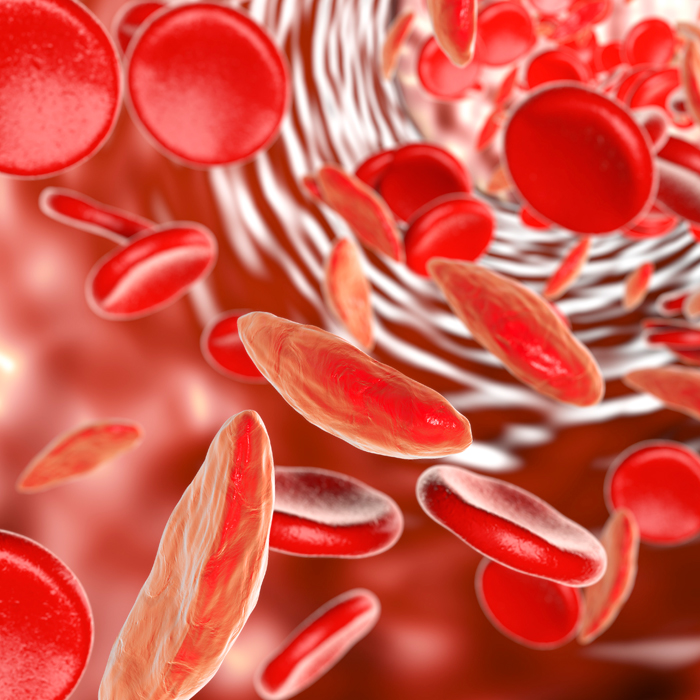
Find out how changes to how we manage the pain of sickle cell disease have led to a massive drop in emergency care and hospitalization

A few ideas for a good nutrition program that can help strengthen your immune system

There are many health and nutrition tips that can boost your immune system

The Kingdom is the second in the Middle East and the seventh globally in the rate of Type 2 diabetes, find out how you can take control of your diabetes and lead a healthy life
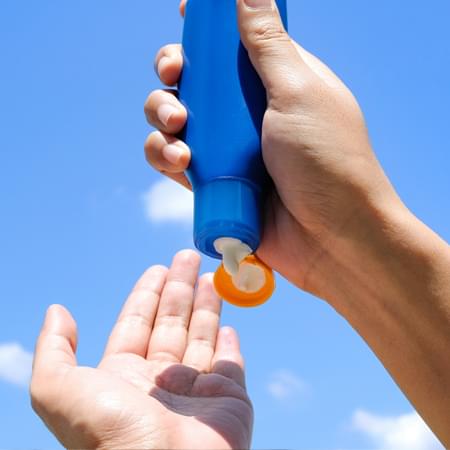
Health issues related to sun exposure and how you can protect yourself

Include fruits in your daily menu, in whichever way you like, and stay healthy

Heart attacks often occur when people are alone. Knowing what to do when heart attack symptoms come on can save your life

Encouraging people who suffer from obesity to take part in safe solutions to weight loss, lifestyle change, and weight maintenance
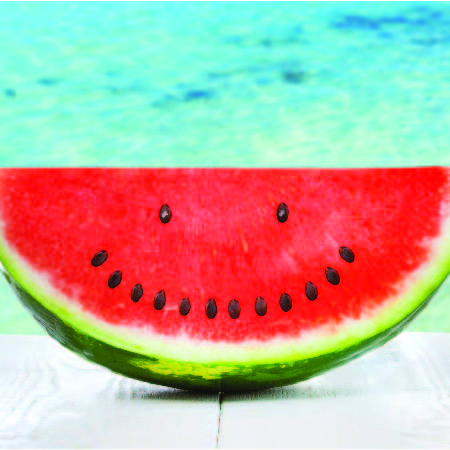
We tend to forget that the sun’s shine and brightness can be quite harmful during the summer. Tips to stay healthy and cool during summer
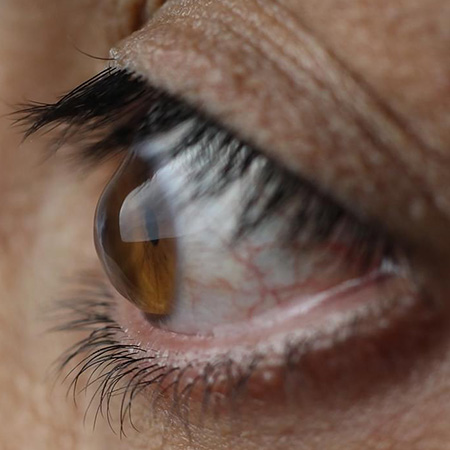
Keratoconus is an eye disease that affects the Cornea, the clear transparent part of the eye. This disease causes progressive thinning and protrusion of the cornea giving it a conical shape.

No matter what type of medicine your doctor prescribes, it's always important to be safe and follow medication safety measures
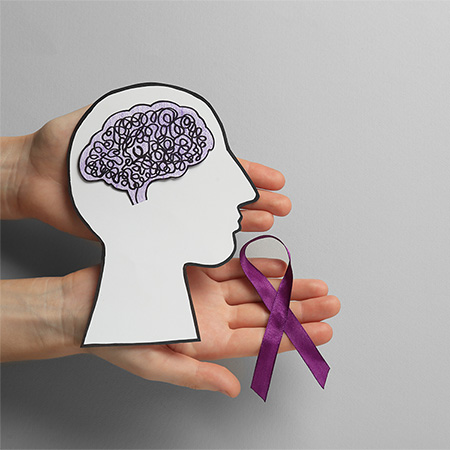
Learn about Alzheimer’s disease, it's symptoms, causes and risk factors, and what to do if you have Alzheimer's disease
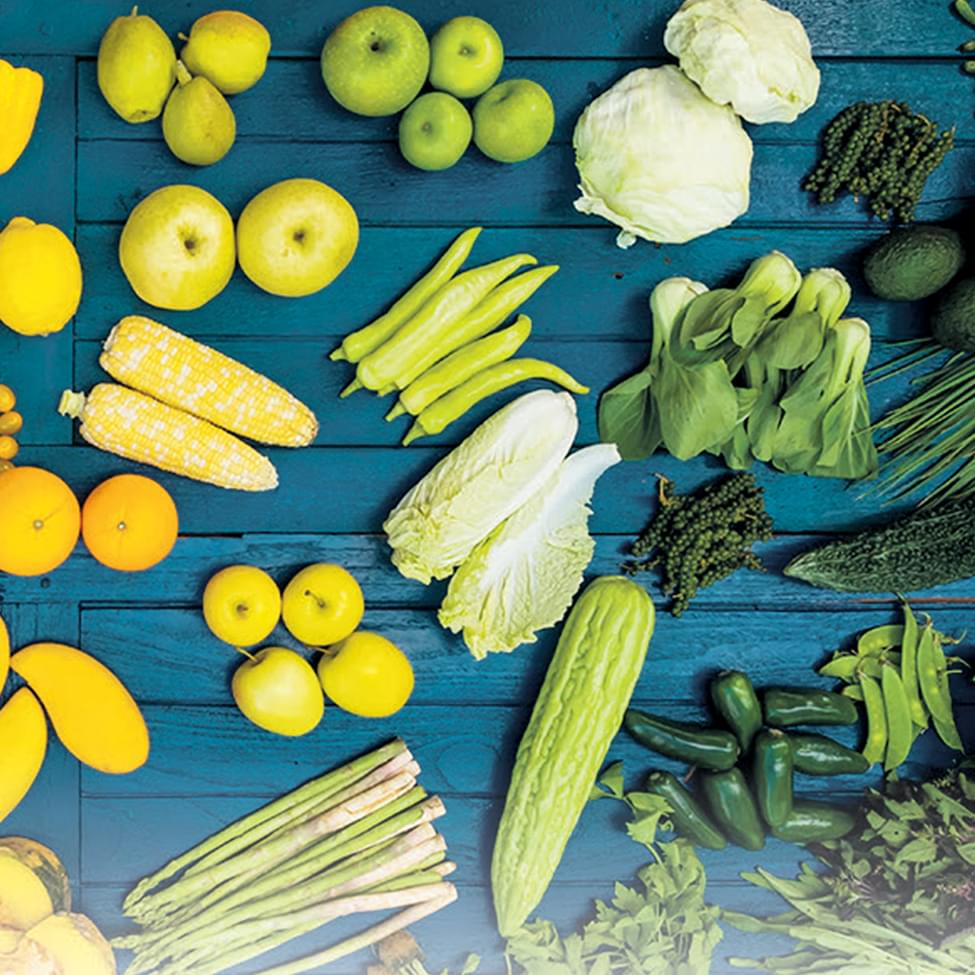
Proper nutrition and exercise play important roles in reducing the risk of breast cancer

Learn how to properly use antibiotics to avoid resistance and protect your health

Collecting your medication from the pharmacist is not just a medication transaction but an opportunity to enhance your understanding of the medication and better care for your health.

JHAH Tawazon Program works with pre-diabetic patients to help them modify their lifestyle to prevent or delay type 2 diabetes

Here are a few essential points to discuss with your pharmacist to better understand your medication to ensure your wellbeing.

Four simple and practical guidelines that will help you to keep safe from food-borne diseases in your kitchen

Read our expert advice on blood donation guidelines and how you can play a role in saving lives

Protect your medications against the heat of summer with a few simple tips

Start your day with nutritious foods to boost your energy and metabolism levels

JHAH Clinical Nutrition and Food Services Unit is here to help you make your sweets healthier, lighter and heart friendly
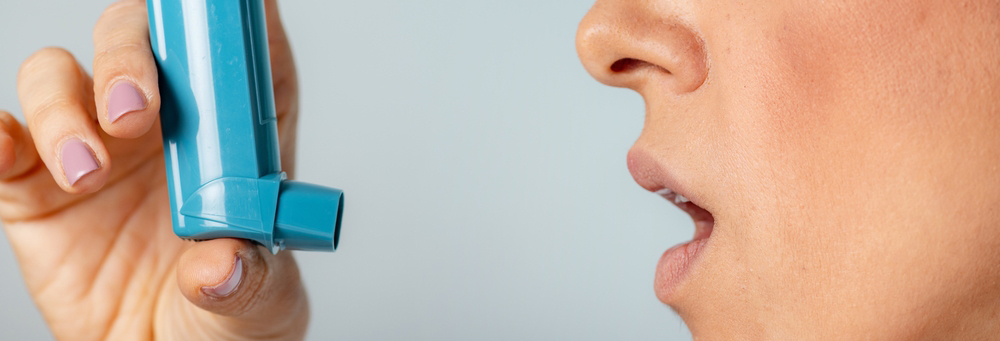
Important techniques to ensure effective delivery of medications to the lungs

Signs of dehydration indoors, symptoms to watch, and tips to stay hydrated even without thirst.

Three ENT surgeries significantly improve the breathing of a 21-year-old patient.
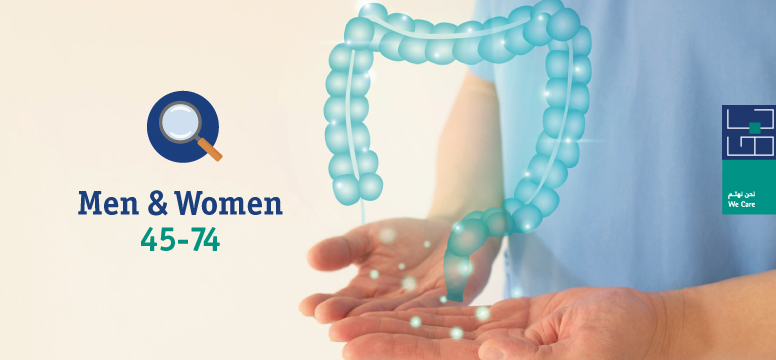
Colon cancer screening can detect the disease in its early and treatable stages
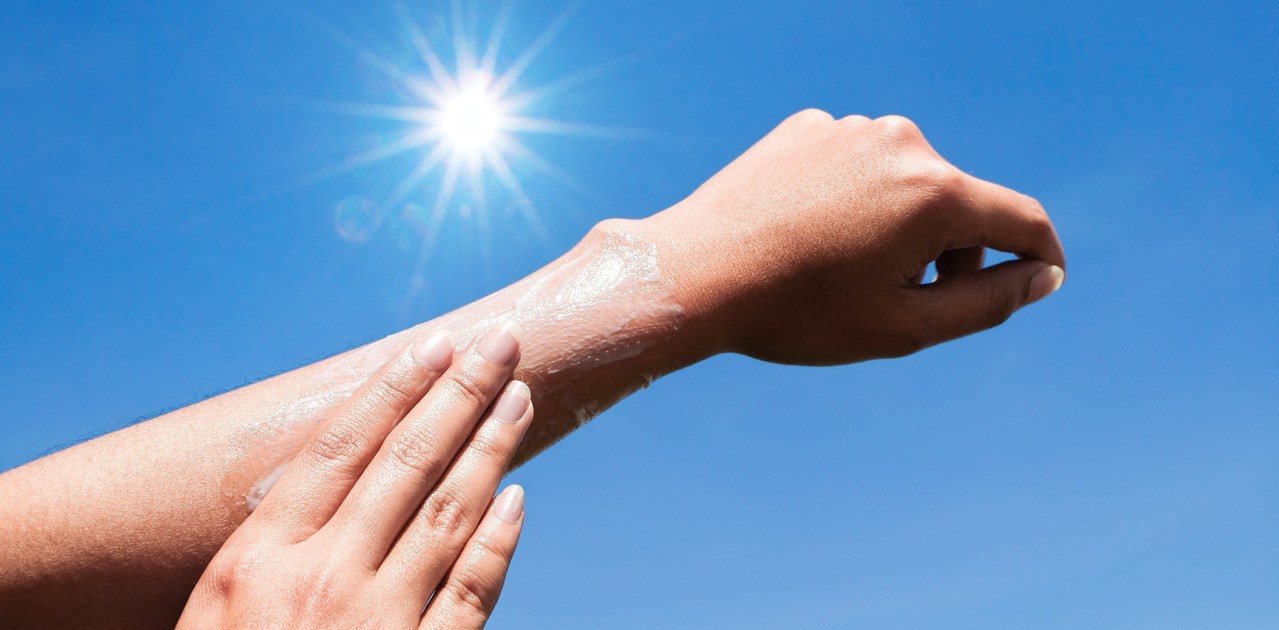
Scientifically backed tips to keep your skin in top condition.
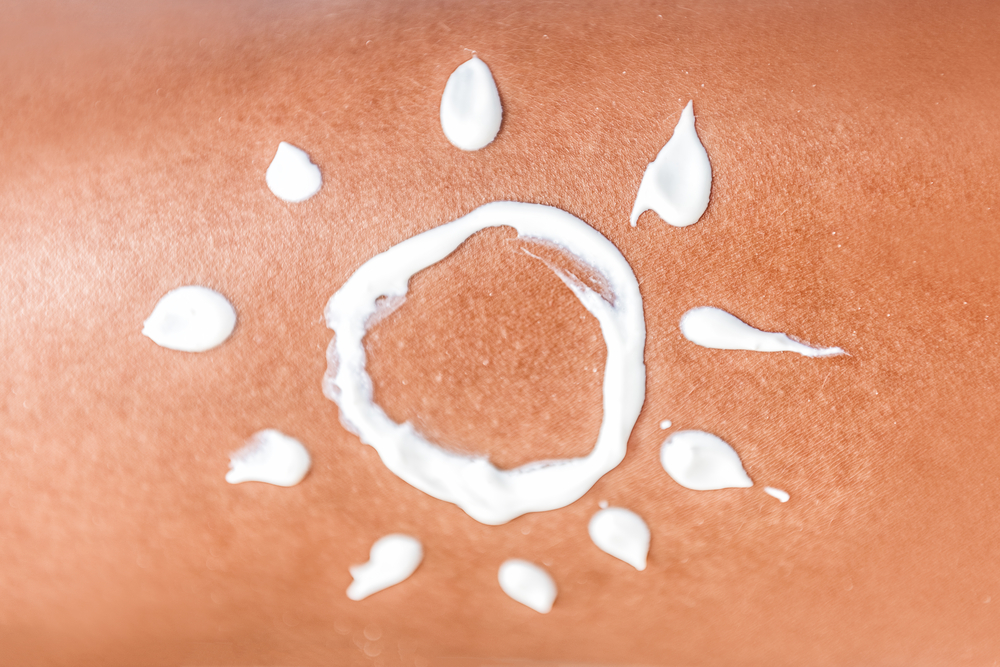
Enjoy being outdoors while keeping your skin healthy, protected and radiant
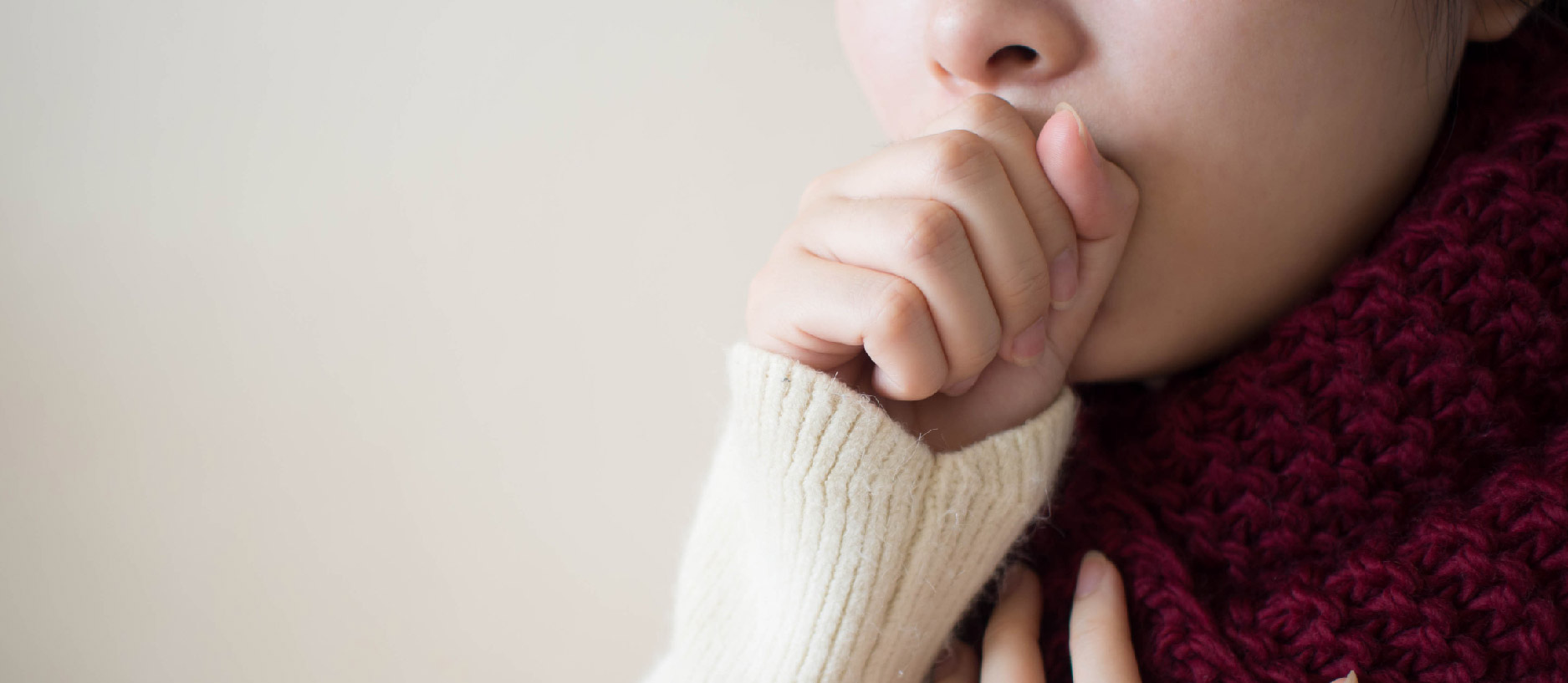
Discover key tips to prevent infections this flu season and effective home remedies to manage cold symptoms.
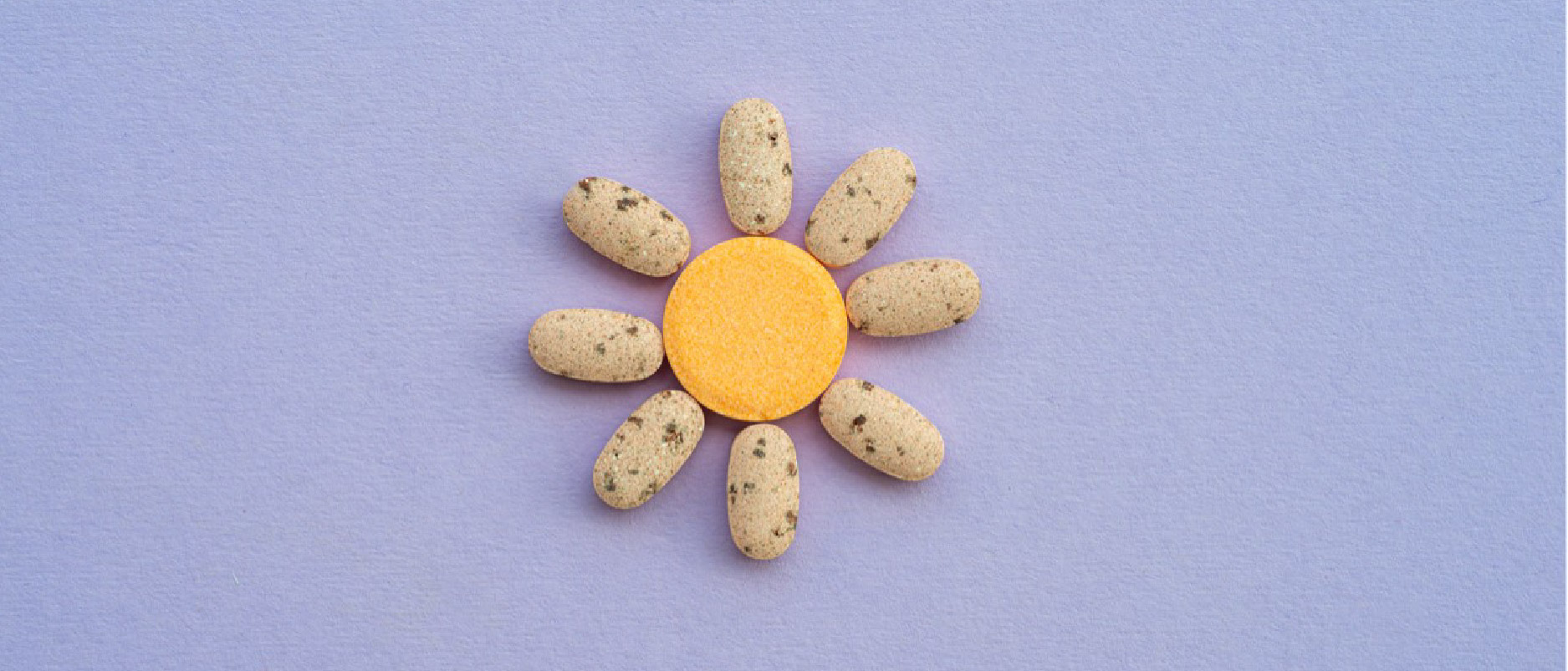
Explore the vital role of vitamin D in health and learn how to maintain adequate levels through diet and sunlight.
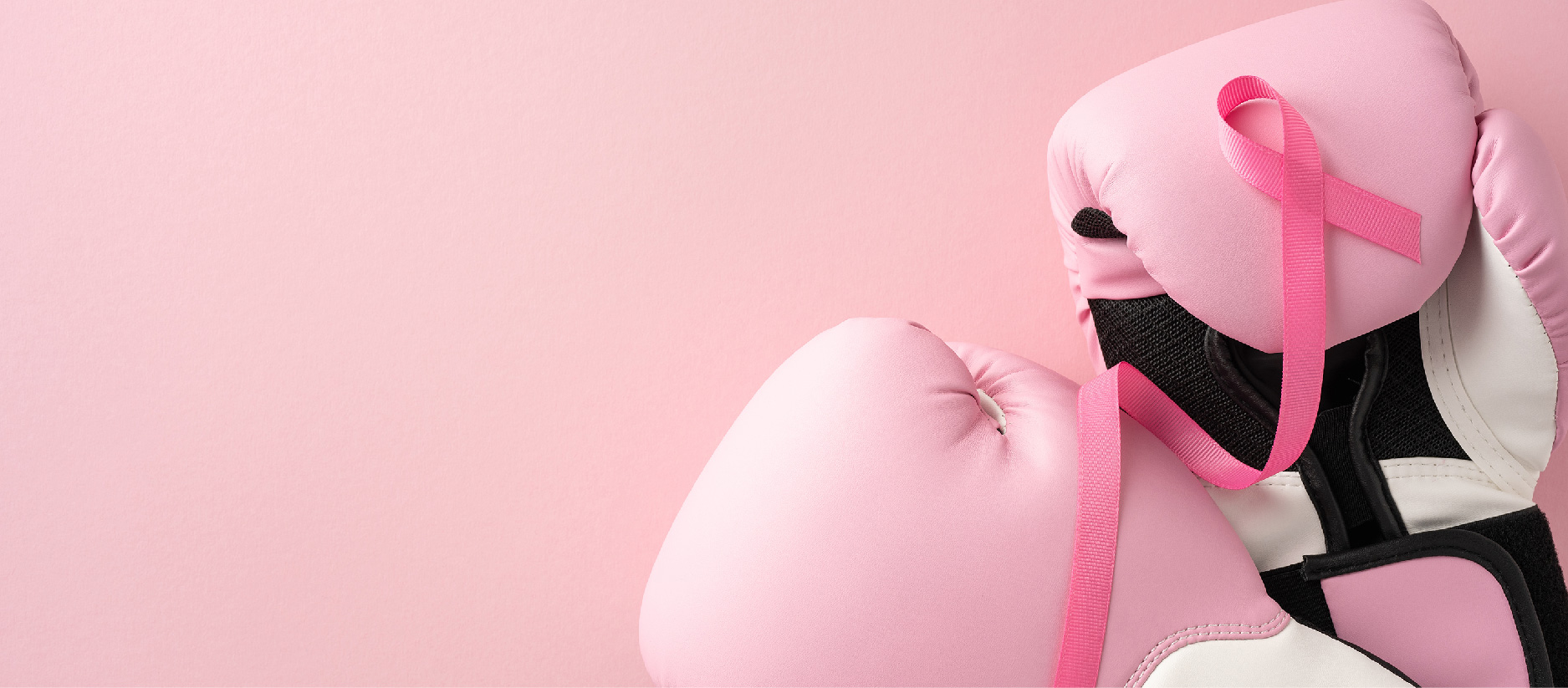
Explore essential insights on breast cancer, its risks, symptoms, and treatment options.

Join us for International Chronic Obstructive Pulmonary Disease Day as we raise awareness and clear misconceptions.

Explore the risks of falling and learn key effective prevention strategies.

Iron deficiency anemia, its causes, symptoms and effective dietary strategies.

Discover the importance of selecting the right pillow for alleviating neck and shoulder pain and enhancing sleep quality.

Discover essential practices for reducing infection risks. Stay informed and protect your health and the health of others

Relieve eye strain and improve focus with the 20-20-20 rule and other tips

Help children stay safe online by teaching privacy, secure settings, and cyberbullying awareness

Boost immunity and well-being this winter with healthy habits, exercise, hydration and sleep

Raise awareness for heart disease prevention through healthy habits, diet, and stress management

Explore how children's exercise programs focus on neurological adaptation and muscle learning rather than muscle size alone
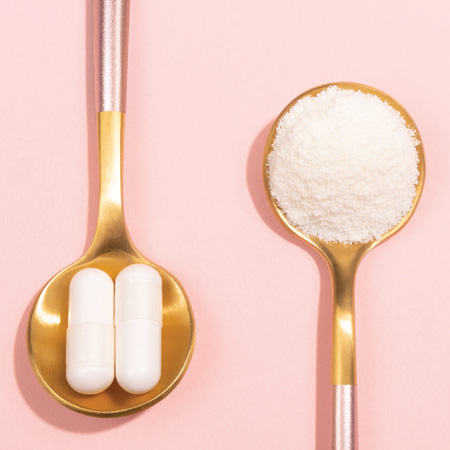
Learn about collagen, its role in your body, and how diet and lifestyle impact its production

Tips for coping with seasonal challenges to boost your mood and wellbeing
 Patient Relations
Patient Relations